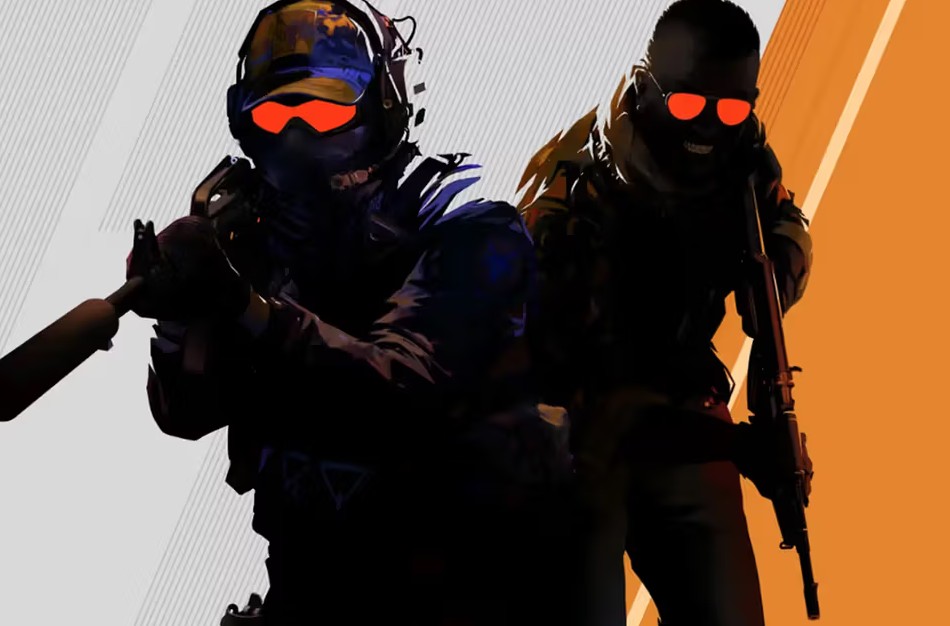We love esports because we love competition in its purest form. It’s about skill, strategy, and teamwork. It’s about watching the best in the world pull off plays we can only dream of. But there’s a dark side to our scene, a shadow that has lingered for years and threatens the very integrity of the competition we hold so dear.
I’m talking about cheating. Match-fixing. The scandals that make you question if what you’re watching is real.
From the infamous iBUYPOWER match-fixing scandal in CS:GO that resulted in lifetime bans for a group of talented players, to the constant, nagging threat of stream-sniping and soft-aiming in Battle Royales, the threat to fair play is constant. For esports to truly be respected on the same level as traditional sports, we have to get serious about protecting its integrity.
And a huge part of that battle lies in a place many gamers are still wary of: the world of regulated betting. It sounds counterintuitive, right? How can betting help prevent cheating? The answer is simple: it brings everything out of the shadows and into the light.
The Wild West of Skin Gambling: A Market Rife with Scams
For years, the closest thing many gamers had to esports betting was the unregulated, gray-market world of “skin gambling.” Using in-game cosmetic items as casino chips, countless third-party websites popped up, operating without any oversight, age verification, or consumer protection.
It was, and in many places still is, the Wild West.
These sites were a breeding ground for scams. Rigged outcomes, stolen items, and sudden shutdowns that left users with nothing were commonplace. Worse, they created a direct, untraceable incentive for players—even those at the amateur and semi-pro level—to throw matches. If you can bet valuable skins against your own team on some shady, anonymous website, the temptation to lose on purpose can be immense.
This black market actively harms the esports ecosystem. It preys on younger, more vulnerable fans and directly incentivizes the kind of match-fixing that destroys trust in the competitive scene. We can’t just pretend it doesn’t exist. We have to offer a better, safer alternative.
Why Regulation is a Good Thing for Gamers
This is where legitimate, regulated betting comes in. When you move betting from a shady, offshore website to a licensed and monitored platform, everything changes.
First, it creates a paper trail. Regulated sites have to know who their customers are. They work with data analytics firms to monitor betting patterns. If a sudden, massive amount of money is placed on a huge underdog right before a match, and that underdog wins under suspicious circumstances, it raises a massive red flag. This is exactly how match-fixing is caught in traditional sports.
Second, it leads to the creation of integrity bodies. The very existence of a legitimate betting market forced the esports world to get serious about policing itself. This led to the formation of organizations like the Esports Integrity Commission (ESIC), whose entire purpose is to investigate cheating and corruption in competitive gaming. They work directly with betting operators to identify suspicious activity and punish those who break the rules. Without a legal betting market, there’s no incentive for this kind of watchdog to even exist.
As the scene matures, the responsibility falls on us, the fans, to support the legitimate ecosystem. This means actively choosing to engage with betting companies that are licensed, regulated, and committed to the integrity of the sport. It’s the only way to protect the games we love. By starving the black market of its user base, we reduce the incentive for cheaters and match-fixers.
It’s about choosing to be part of the solution. It’s about demanding a higher standard for our sport. We want to know that when we watch that incredible 1v5 clutch, it was pure skill, not a pre-determined outcome. And the only way to guarantee that is to support the systems that are designed to protect it. The future of esports integrity depends on it.











![[Rumor] Resident Evil 0 Remake Is Real and Will Include Minor Story Changes](https://vgleaks.com/wp-content/uploads/2025/11/RE-0-150x150.jpg)

